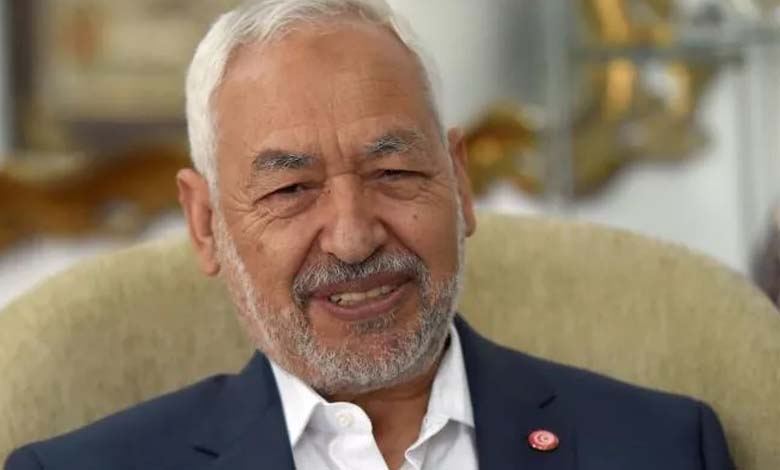A defector exposes the brutality of the Muslim Brotherhood organization in Tunisia and its leader, Rashid Ghannouchi… What did he say?

Mohamed Habib El Aswad, an Islamist dissident from the founding generation of the organization in Tunisia, acknowledged the “failure of the Islamist political experience of the Muslim Brotherhood between religion, state, and terrorism, shifting from temporary coexistence with the civil state to a coup towards total group rule.”
In a post shared on his official Facebook account, he wrote: “They were neither wise in governance nor experienced politicians, but were agents of discord,” affirming that “the Ennahdha Movement left behind a corrupt legacy that is not fit for inheritance, it rotted,” adding: “What remains of them tries to revive the organization within a new party framework but to no avail and no future for them, all their attempts have failed.”
He added: “Rashid Ghannouchi monopolized decision-making power within the Ennahdha Movement, with an effective eternal presidency, whether present or absent, even while in prison on charges of corruption, money laundering, assassinations, and plotting against state security, a position desired for him by his leaders of the Muslim Brotherhood organization from abroad, who made him the sole figure bearing the identity of the movement, the sole figure with international presence and global reputation representing the organization, so that if Rashid Ghannouchi were to end for any reason, Ennahdha Movement would end, and funding would end, and international presence would end.”
He continued: “The international organization of the Muslim Brotherhood is the reason for the existence of Rashid Ghannouchi and his associates, their way of thinking, and their way of operating, and they have nothing left but debris.”
Former Ennahdha Movement member Karim Abdel Salam had previously revealed the history of the practices of the Muslim Brotherhood in Tunisia and their crimes, which he himself had witnessed.
He stated that the Ennahdha Movement had a secret apparatus that emerged in the mid-1980s by recruiting security personnel and army officers, working to overthrow the regime, before being preceded by former President Zine El Abidine Ben Ali in 1987 and continuing until the penetration of the Tunisian administration since their arrival in power in 2011 to serve the agendas of the Muslim Brotherhood.












